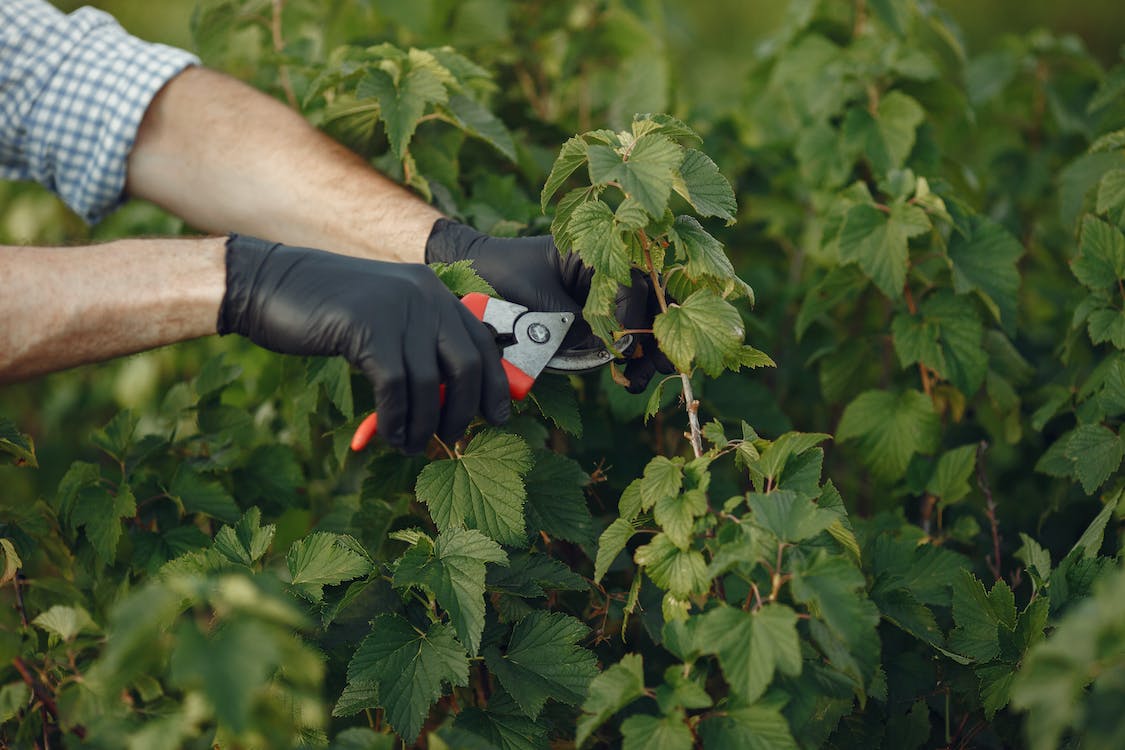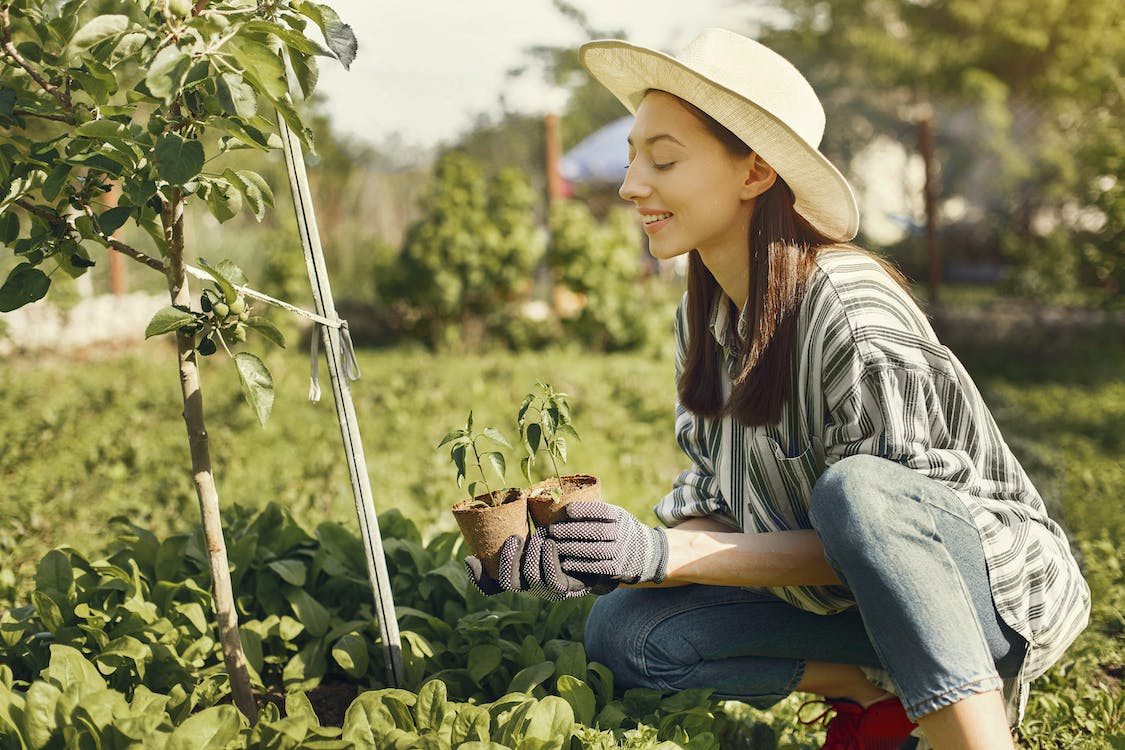5 Tips For Staying Safe In The Garden
Statistics indicate that approximately 55% of American households engage in gardening activities. Indeed, a personal garden can improve your diet as you access fresh produce. Moreover, gardening is a great exercise to keep you in top shape. Despite these benefits, your garden can still harbor potential hazards, making it essential to ensure your safety. Here are some helpful tips to achieve the best results.
1. Wear gloves when gardening
It's not uncommon for gardeners to be exposed to disease-causing microorganisms when gardening. For instance, the legionella bacteria thrives in moist areas like a garden, and you can come into contact with it, increasing your risk of developing legionnaire's disease. Tetanus, sepsis, and rose gardener's diseases are also common among gardeners. Fortunately, you can prevent these by wearing gloves. Moreover, you can avoid direct contact with poisonous plants and insects while preventing cuts, blisters, calluses, and scrapes.
Several garden glove types are available, and you can select the most suitable option for your task. For example, cotton gloves are best used for lawn mowing and other lighter tasks. On the other hand, leather gloves are best suited for handling sharp garden tools and moving rocks. You'll also find rubber gloves helpful for mixing chemicals or moving piles of wet leaves.
2. Invest in proper gardening tools
Tools make work easier, and gardening is no exception. Gardening tools can reduce the time spent on specific tasks while ensuring better results. Moreover, they can make the process more stressful and enjoyable, so keep this in mind. However, you should note that each tool is made for specific purposes, and using them wrongly may be more harmful than beneficial. For instance, using a shovel instead of a garden spade to dig holes for your plants may not be ideal, as it becomes challenging to control. Therefore, investing in tools best suited for your purposes is essential. Experts also advise reading the manufacturer's manual before operating any tool or equipment to prevent accidents.
Leaving your tools carelessly in the garden can also be hazardous, triggering trips and falls. Moreover, stepping on them can cause serious injuries. Therefore, store them safely after use in your shed, garage, or other storage areas. Ensure that these areas are always locked to prevent your kids from tampering with these items.
3. Handle garden chemicals safely
Garden chemicals are toxic despite their role in eliminating pests and boosting plant growth. Therefore, improper handling of these products can be hazardous to your health. Garden chemicals can cause skin and eye irritation upon close contact. Worse, it can kill people when ingested. Research also links these products to congenital disabilities, cancers, blood disorders, genetic changes, nerve disorders, endocrine disruption, and so on. Therefore, you should handle these products carefully to avoid these.
It's essential to wear the proper protective gear when mixing or using these products to ensure safety. It's also advisable to store them in out-of-reach areas, especially if you have children. Before buying garden chemicals, ensure that they have specified the toxicity level on their packages, and the safe way to handle them. You can also take legal action if your health degrades when using a particular brand. For instance, Roundup lawyers can be beneficial if you experience injury or health conditions after using the product, so keep this in mind.
4. Protect yourself from the sun
It's not uncommon to spend considerable time in the sun gardening. However, prolonged exposure can expose your skin to harmful UVA and UVB rays. UVB rays can cause cataracts and skin cancer. Although UVA is less dangerous than its counterpart, it can also trigger skin wrinkling, aging, and loss of elasticity. Therefore, putting on sunscreen is essential to prevent this. As a tip, invest in products with an SPF of 30 or higher to ensure maximum protection. You can also wear a garden hat to prevent the sun from affecting your eyes.
5. Don't overexert yourself
Although gardening can be exciting, and you may be tempted to go at it for long hours, you want to avoid overworking yourself. Instead, be realistic about how much your body can handle. Experts advise working at a comfortable pace, so keep this in mind. Avoid repeating the same movement for too long; perform various tasks to prevent injuries. Consequently, take a break when you feel tired, and drink enough water to stay hydrated and prevent heat strokes.
Owning a garden is beneficial for your overall well-being. However, staying safe is still important when working in this area. Hopefully, you'll consider these tips to get the desired outcome.
839GYLCCC1992





Leave a Reply